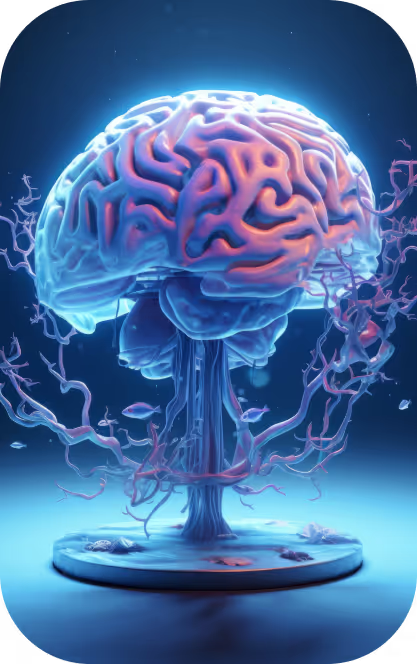The Noosphere and the Transformation of Education: From Knowledge Transfer to Consciousness Development


In times of global change, the education system stands at the edge of a profound transformation. The rapid advancement of technology and emerging challenges—ecological, social, and psychological—require new approaches to learning. In this context, the noospheric concept offers a fresh perspective: education is not merely about transferring knowledge, but about shaping global consciousness.
The noosphere, as a sphere of reason, implies the integration of scientific, ethical, and spiritual dimensions into the educational process. It is not only about academic knowledge, but about nurturing individuals capable of taking responsibility for the future of humanity, ecosystems, and the planet as a whole. Education inspired by the noosphere encourages holistic thinking, harmony, and collaboration.
In this model, the teacher is not just a source of knowledge, but a guide into a world of values. Their mission is not simply to prepare students for the labor market, but to foster critical thinking, empathy, and awareness of how local actions have global consequences.
Interdisciplinarity plays a key role in noospheric education. Today’s complex problems are not confined to "biological," "economic," or "technical" domains—they require systems thinking. That’s why modern education must teach students to see connections, think holistically, and act ethically.
Noospheric education is not limited to innovative technologies or methods. It represents a fundamental shift in purpose: from training specialists to cultivating planetary citizens. A graduate of such a system is someone who thinks globally, acts locally, and feels a deep sense of responsibility for the shared destiny of humanity.










